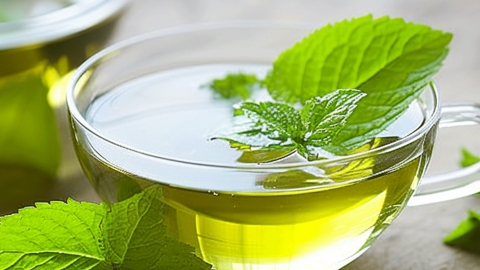Can I eat mint during lactation?
During lactation, mint can be consumed if permitted by a doctor, the individual is not allergic, and only a small amount is consumed. However, mint should not be consumed if not approved by a doctor, if the individual is allergic to mint, if consumed in large quantities, or if the person has a cold body constitution. Detailed explanations are as follows:

If a lactating woman is in good health with no special medical conditions, has consulted a doctor and received permission, and is not allergic to mint, she may occasionally consume a small amount of mint. The cool flavor of mint may help improve the taste of food and relieve poor appetite. When consumed in small quantities, the mint components are metabolized by the body and transferred into breast milk in minimal amounts, which generally will not cause adverse effects on the infant.
However, if a lactating woman consumes mint without consulting a doctor, there are several risks. Mint is cold in nature, and excessive consumption may irritate the gastrointestinal tract, causing abdominal pain and diarrhea, thereby affecting nutrient absorption. Its components may pass into the infant's body through breast milk; since infants have relatively weak digestive systems, they may experience indigestion or diarrhea. If the woman has an allergic constitution or a cold body constitution, consuming mint may trigger an allergic reaction in the former case, while worsening internal cold symptoms in the latter, which may harm her own health and subsequently affect the quality of breastfeeding.
Before consuming mint, lactating women must consult a professional doctor to determine whether it is suitable based on their physical condition. Strict control of the quantity is essential during consumption. If any discomfort occurs in either the mother or the infant, consumption should be stopped immediately and medical attention sought.








